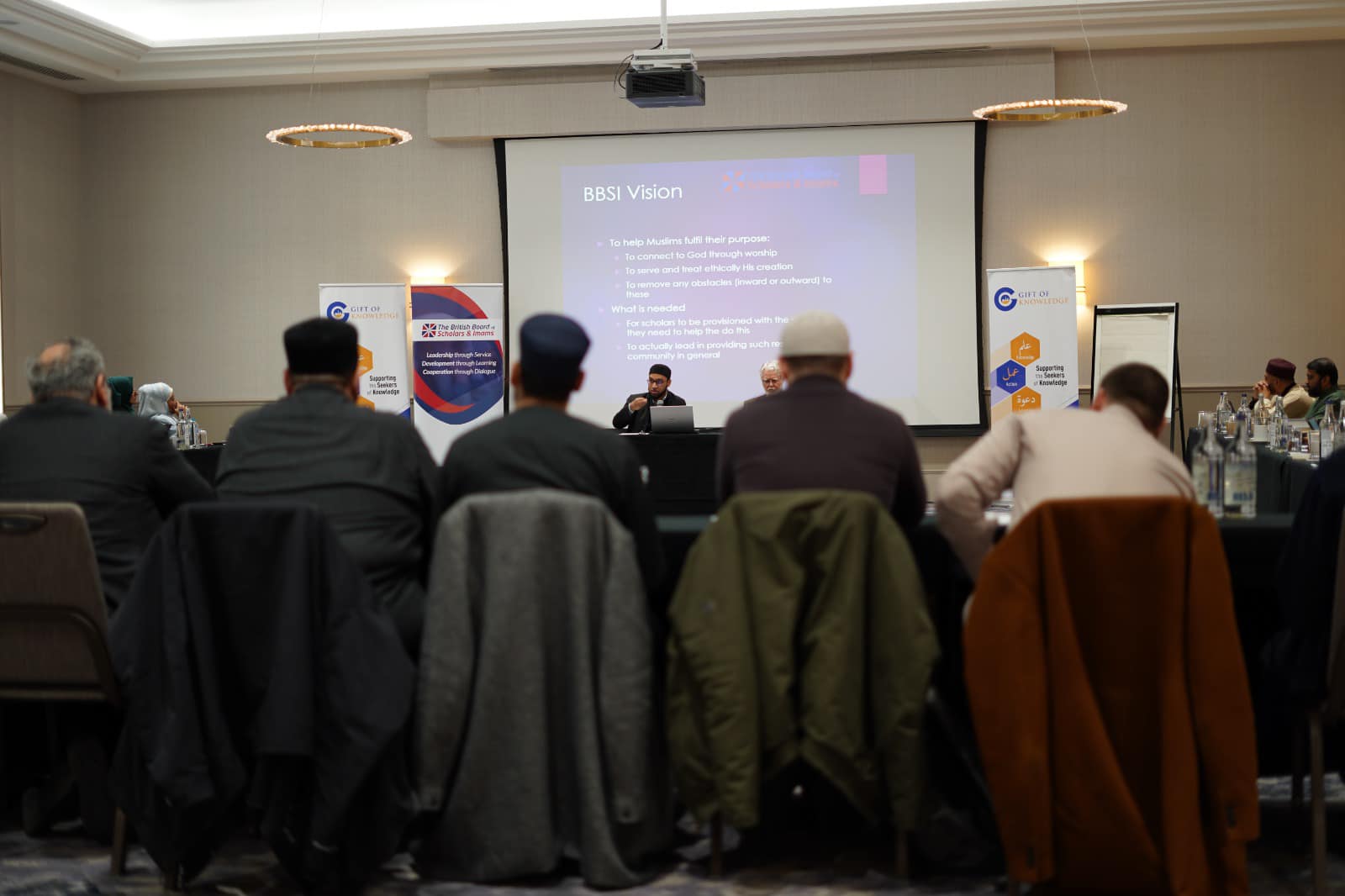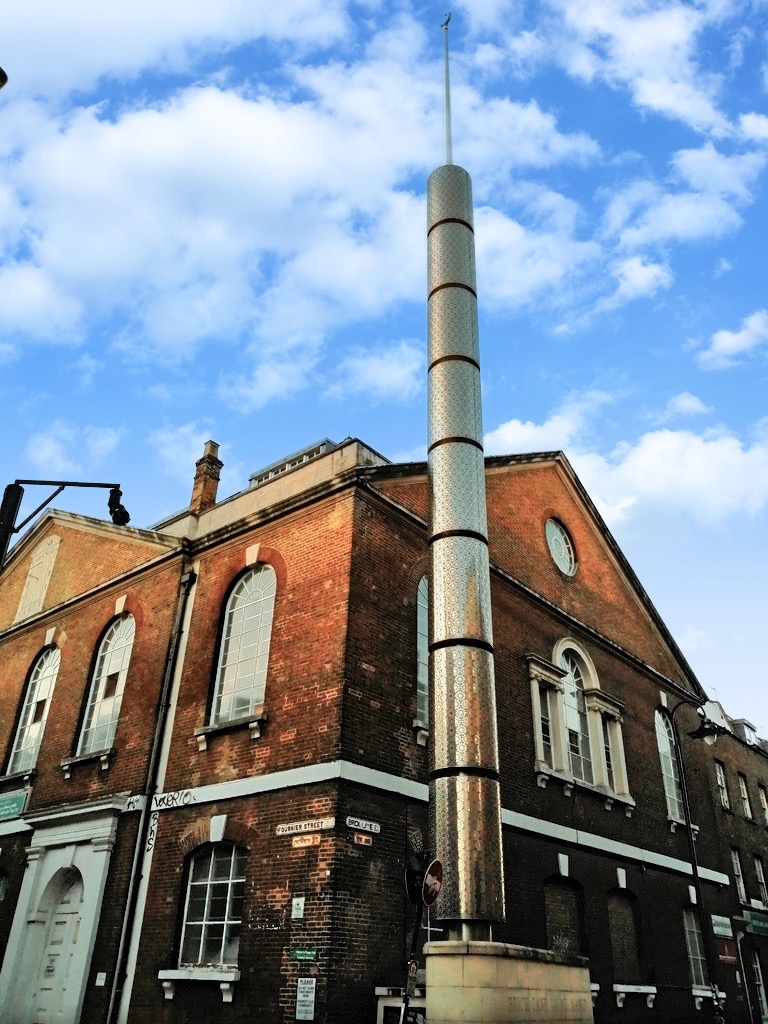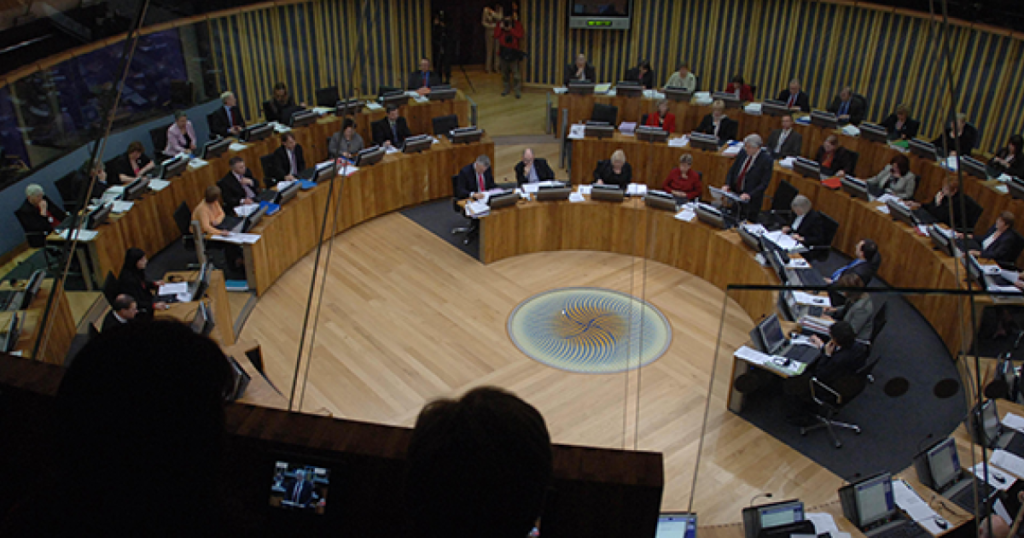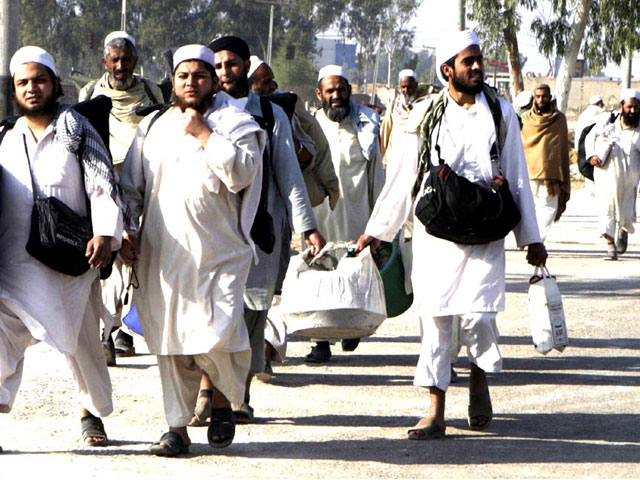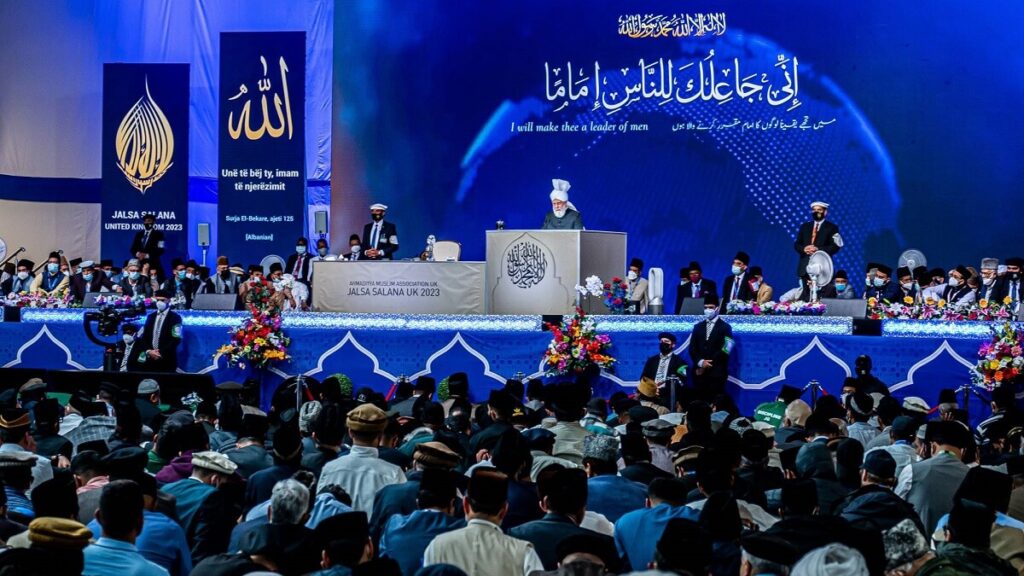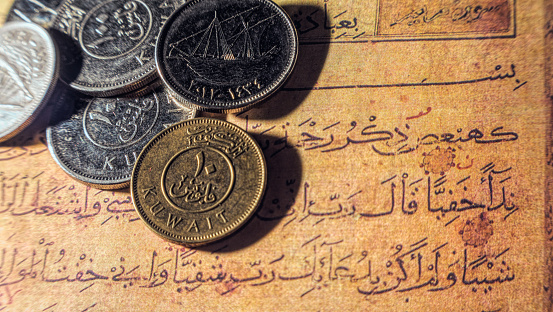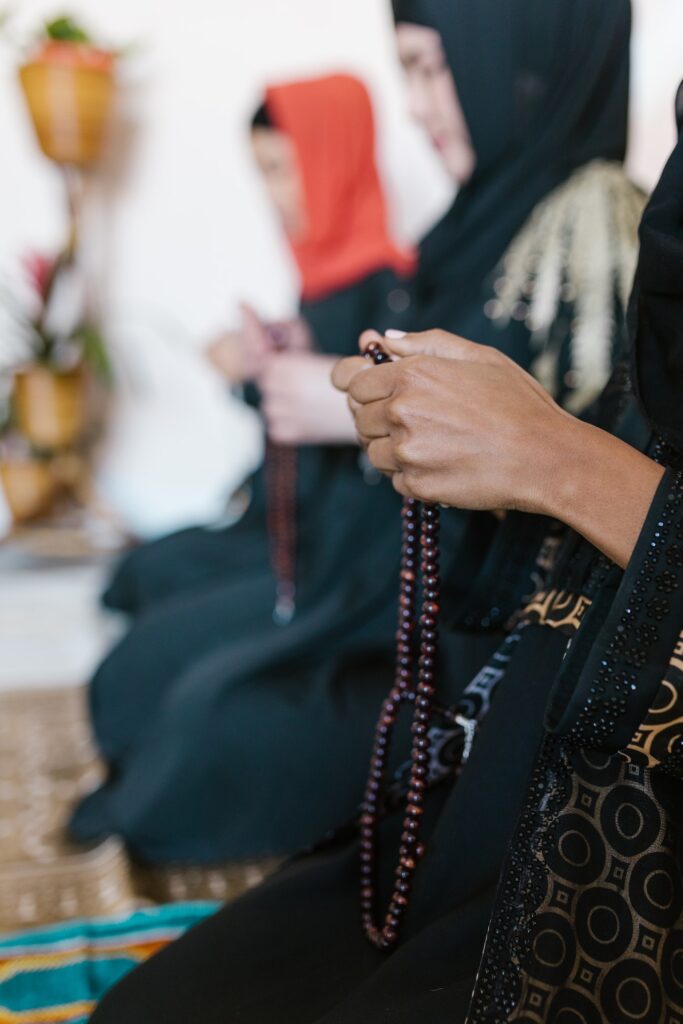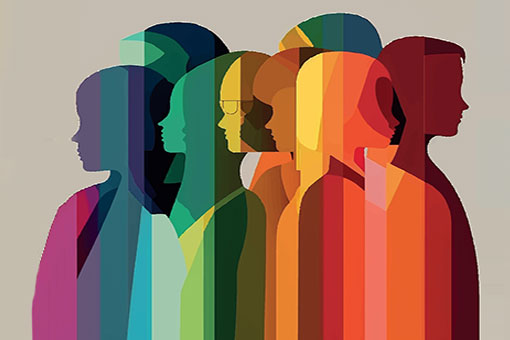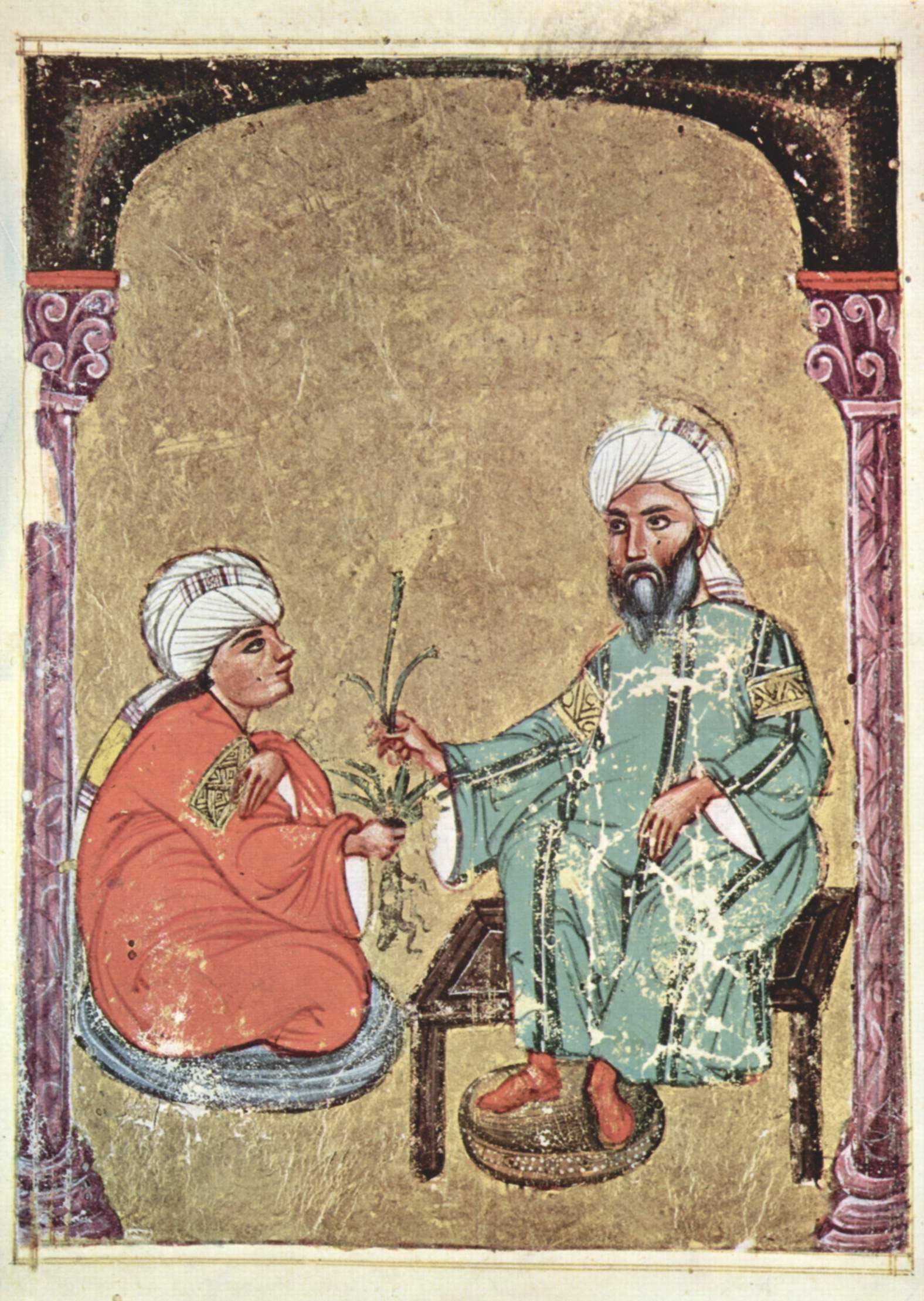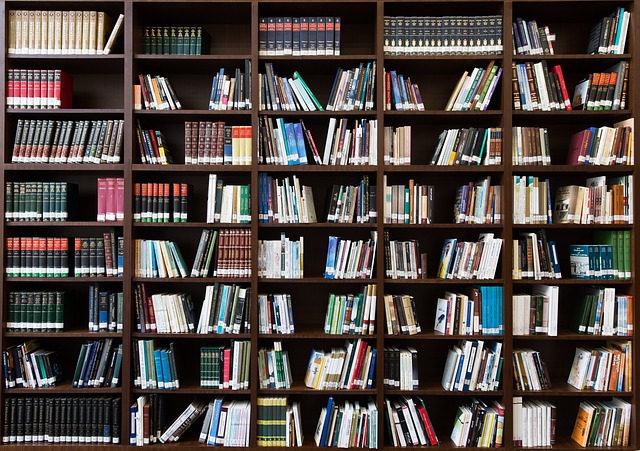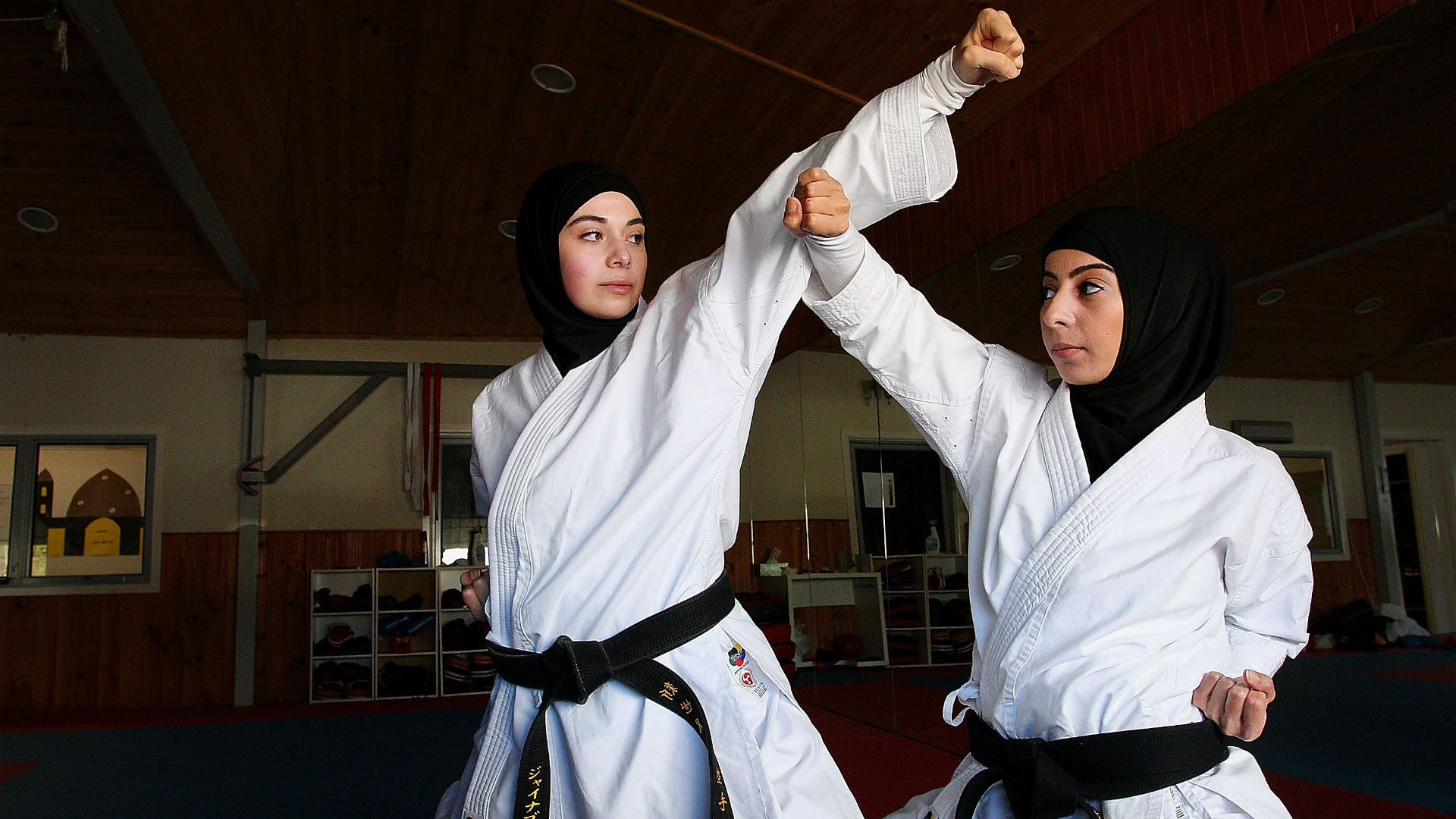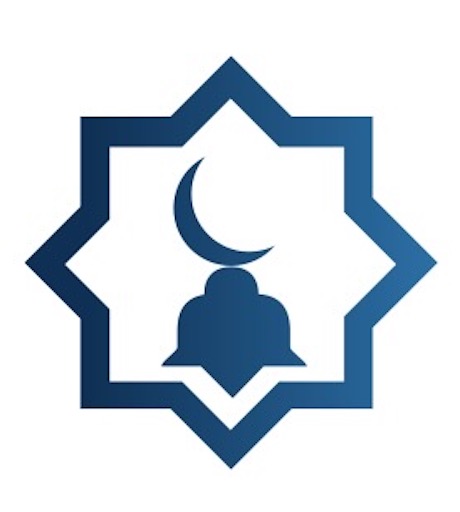Introducing the Digital British Islam Archive
DBI Archiving Team: Gary R. Bunt (Archiving Team Lead), Alamgir Ahmed, Sadek Hamid, Laura Jones, Khadijah Elshayyal
The ESRC-funded Digital British Islam (DBI) project is developing an archive of the different cyber-Islamic environments in the UK. The results are being used in a curated gallery, to preserve the content for future examination, form the basis of the project’s discussions, and allow for subsequent deeper diving into specific sites of interest to the project. These fits into the parameters associated with the original project bid, namely, religious authority, gender, and political agency (although, naturally, the archiving also explores other areas). This page marks the first iteration of the archive.
While there has been some initial analysis of Muslim online activities in the UK, web archiving is an emerging study field and has not been previously applied to explore this subject area. Rather than using specialist archivists, this project draws on a team familiar with the subject-specific issues associated with Islam, Muslims and the internet in the UK. This approach has necessitated the team’s development of new practical and methodological skills in data acquisition, digital preservation and analysis.
As a starting point, a set of spreadsheets was developed, listing organisations, platforms, mosques, interests, groups, and affiliated bodies associated with Islam and Muslims in the UK. This categorised thematic listing (now expanded to over 300 sites) was across specific areas associated with the research project to help with information management. The project team developed and expanded the tentative listings based on their prior research experience in the field, alongside the results of consultations, focus groups, workshops and community interactions. The listing includes URLs of primary sites alongside notes on the specific affiliations of organisations and the amount of data the sites generated. Data were calculated initially through a series of test crawls using Archive-it. The project team has developed notes and commentaries on the URLS, which form part of the archive, introducing the content and explaining its relevance.
The DBI Web Archive is fully searchable, including thematic meta-data tags so that users can find zones representing specific areas of interest in particular collections, across the archive, and within other zones of the project. Brief descriptions created by the project team have been included as an aid to curate the content. Users can click through to view specific archived pages. Initially, the team has been documenting the breadth of online content, looking only at top level (Page +1 level) content. The intention is to repeat site captures at later dates, and in some cases drill down to collect deeper crawls of content. The archive is intended as a sustainable resource, useful across sectors, which will form significant snapshots of Digital British Islam’s cyber Islamic environments across the duration of the project, and a legacy for future users and researchers.
Note that this is a ‘work-in-progress’, which will be refined and added to as the project progresses. Further collections (listed below) are in preparation, covering the project’s objectives and interests. This content will be discussed in future project publications, including on this website. This is in conjunction with other sectors of the Digital British Islam project’s investigations. Ethical constraints prevent the capture of social media content; however, this will also be the subject of other strands in the project’s analyses.
You can read more about the team’s approaches towards this archive here.
User feedback is welcomed via the Contacts page.
Collections
Current collections are indicated by the live URLs below. This is work-in-progress. Other collections will be added as they become available. Archived content will continue to be refreshed as the project progresses, and will become the subject of later analyses by the project team. Archive categories are subject to change and adaptation. At this stage, it is based around our initial collections/sweeps of content, which may be consolidated in due course.

